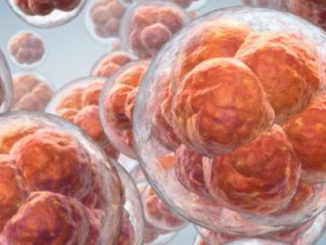Children of Diabetic Moms May Benefit from the Epigenetic Power of Green Tea
If a mother with diabetes drinks green tea during pregnancy, could it improve her child’s development? For years, pregnant women have been advised to take probiotics and antioxidants, such as folic acid, to help improve pregnancy outcomes. However, the precise way these supplements work continues to be up for debate. Now, epigenetic evidence is mounting in regard to the benefits of certain antioxidants and the potential underlying biological mechanisms. New research published in the American Journal of Obstetrics & Gynecology [more…]












